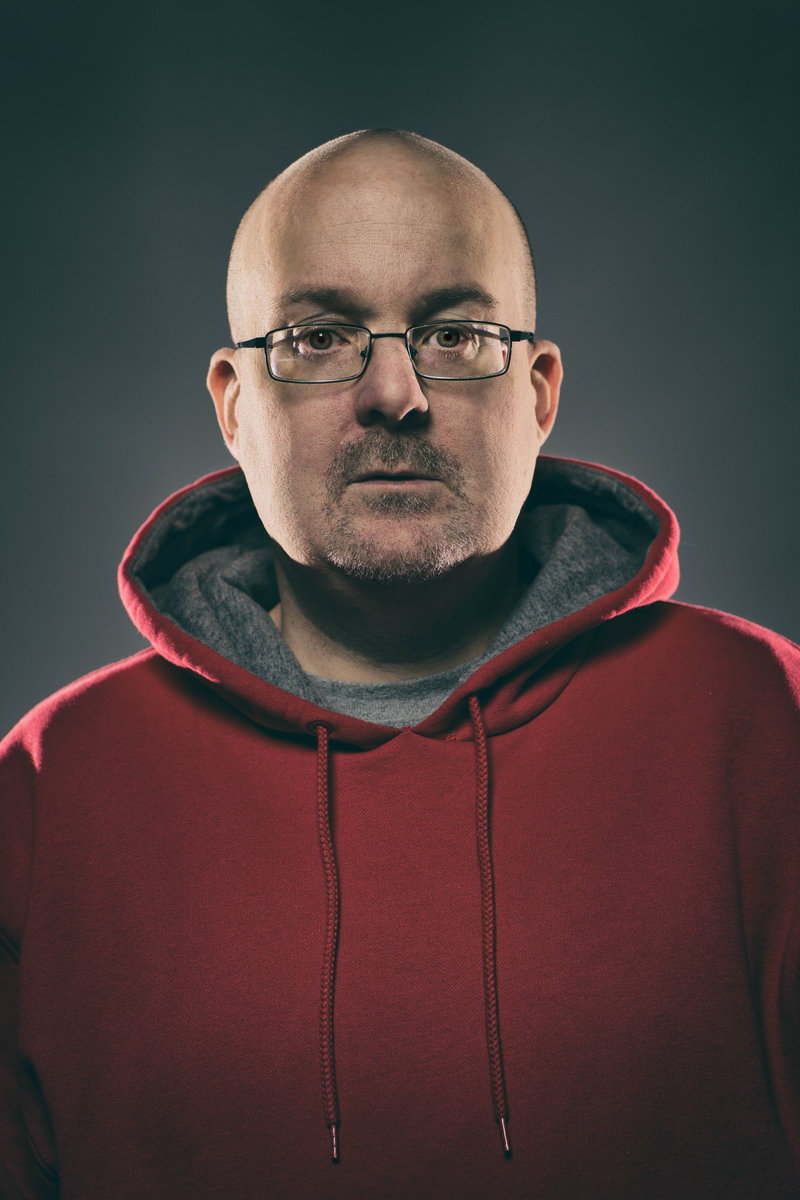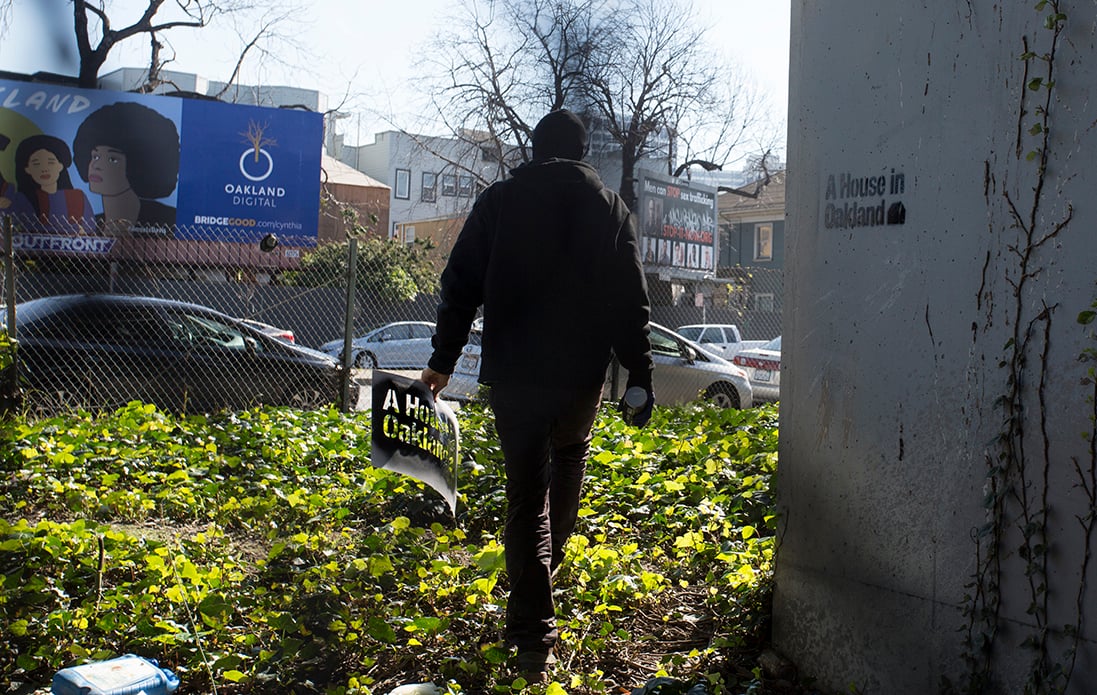Remember when marijuana was legalized in California and that was considered a controversy? Ha, yeah so now according to an article by Aaron Kase in Vice, “Monterrey-area medical marijuana advocate Kevin Saunders and his fiancée, Kitty Merchant, filed a ballot initiative with the state attorney general this past August that would exempt adults 21 and over from criminal penalties for possession, sale, transport, and cultivation of psilocybin” (Kase). Psilocybin, also known as ‘shrooms’ or ‘mushrooms,’ appears as an innocent enough fungi. However, those who ‘trip’ on shrooms experience vast expansions of visual capacity due to the hallucinogenic effects. Some of Saunders’ reasoning and explanation of the mushroom spore’s potency comes from their otherworldly-ness. In his words,
“Spore is one of the few things that could survive intergalactic flight. I believe it came in some form on an asteroid or encased in a comet. This could possibly be alien communication. I took a lot of hits because I used the word “alien,” but I was trying to put it in layperson terms to the point where people could understand and open their mind that this could be a great awakening to something” (Kase).
This “something” he refers to concerns the spiritual connection with the Earth and one another, but also the ability to see beyond our material world. Psilocybin allows one to transcend the ego and perceive the feelings “from a more powerful source” (Kase). Saunders argues that shrooms enable us to receive this somewhat spiritual communication that we are unaware of in daily life. He isn’t alone in thinking so, either.
Despite Saunders’ eccentric method of describing shrooms, according to another Vice article written by Charlie Gilmour, “psychedelics can work miracles; science says so” (Gilmour). When used in proper dosages, psychedelics can “rid addicts of their cravings, relieve depression, anxiety, PTSD, and induce long-lasting positive behavioral changes” (Gilmour). Additionally, the study echoes some of Saunders’ ideas. Psilocybin can “even put mere mortals in touch with the divine” (Gilmour). These excerpts come from a psychedelic therapy session Charlie Gilmour underwent with the supervision of a prestigious hypnotherapist. The session took place in an undisclosed location in London, but we do know that location was situated in a garden. Throughout shroom literature—as odd as that phrase sounds—the accentuation of nature plays a huge role in this psychedelic process.
Returning again to Saunders’ opinion, he doesn’t “believe mushroom trips benefit from being indoors with fluorescent lights and music not conducive to the environment […] this is about a person 21 or over being able to have an experience” (Kase). For this reason, Saunders and Merchant have made an intentional decision to skip the medicalization aspect of psychedelics. They were unwilling to “play the whole game” in designating doctors and facilitators for this experience. Instead, their plan includes filing the ballot initiative, gathering signatures, and campaigning.
However, let’s consider the testimony of another participant of the psychedelic therapy group. This participant attended to heal from a past psychedelic experience with a friend. He described this experience in the following except—also taken from Gilmour’s documentation of the therapy.
“He was screaming that I was a demon and that he had to kill me while eating sand and punching me hard in the face. It went on for hours. And I was the one who got arrested! I haven’t been able to take drugs since. I want to be able to experience them again without fear.”
To what degree can we determine if an individual has the mental stability to undergo a psychedelic experience without trained supervision? What kind of boundaries allow for individual experimentation without high level risks of danger? It is likely this kind of unstructured treatment of a now illegal drug will receive massive backlash in the public perception. With their “three-step process” in mind about how to advance their project Saunders and Merchant “insist they’re off to a running start” (Kase). However, should we hope for their success given the amount of potential trauma—but also potential reward—on the line?







